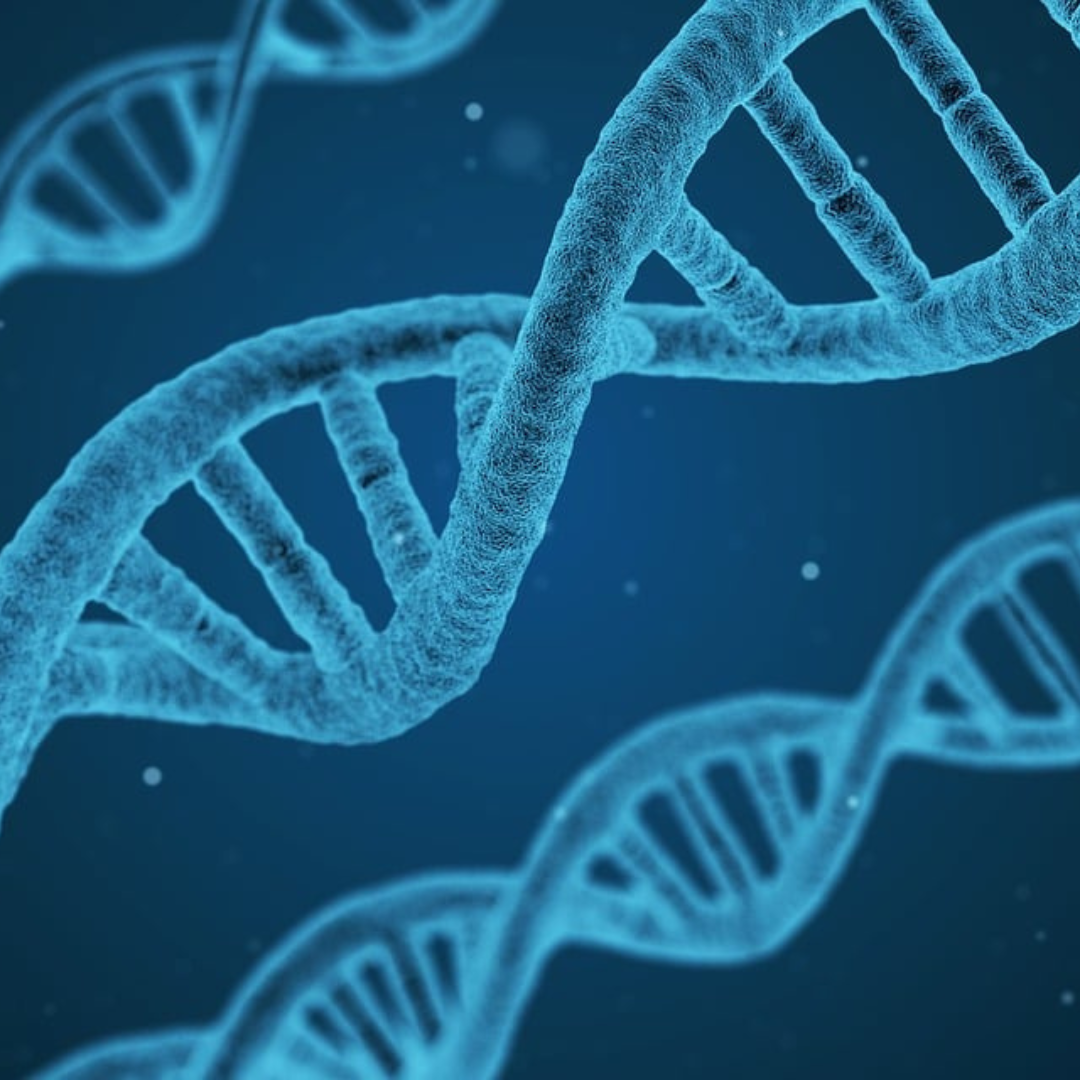Finding Purpose After Addiction Recovery

Finding Purpose After Addiction Recovery
Recovery is not just about abstaining from substances—it’s about reclaiming one’s life, rediscovering purpose, and embracing the endless possibilities that await beyond addiction.
Addiction recovery is a transformative journey marked by significant challenges and triumphs. Among the myriad obstacles individuals face on this path, one of the most profound is the struggle with purposelessness. Substance abuse often consumes every aspect of a person’s life, leaving them adrift without a sense of direction or meaning. However, within the journey of recovery lies the opportunity for individuals to rediscover purpose and forge a new path forward.
Understanding Purposelessness in Addiction Recovery: Addiction is a relentless force that can strip individuals of their sense of purpose and identity. Substance use becomes the primary focus, eclipsing relationships, career aspirations, and personal goals. As individuals begin the recovery process, they are often confronted with a profound emptiness—a void left by the absence of substances and the wreckage caused by addiction.
Purposelessness in addiction recovery manifests in various ways. Some individuals struggle with feelings of worthlessness, believing they have irreparably damaged their lives and relationships. Others grapple with the uncertainty of rebuilding their future without the crutch of drugs or alcohol. The absence of a clear sense of purpose can contribute to feelings of hopelessness and increase the risk of relapse.
Addressing Purposelessness in Recovery: Overcoming purposelessness in addiction recovery requires a multifaceted approach that addresses the psychological, emotional, and spiritual dimensions of an individual’s life. Here are several strategies that can help individuals navigate this challenging terrain:
- Self-Exploration and Reflection: Central to finding purpose in recovery is the process of self-exploration and reflection. Therapy and counseling provide a safe space for individuals to delve into their past experiences, traumas, and patterns of behavior. Through introspection, individuals can identify their values, passions, and strengths, laying the groundwork for discovering meaningful pursuits.
- Setting Goals and Priorities: Setting goals and priorities is essential for individuals in recovery to regain a sense of direction and purpose. These goals can be small, incremental steps towards larger objectives, such as rebuilding relationships, pursuing education or career opportunities, or improving physical and mental well-being. By establishing clear goals, individuals can chart a course for their recovery journey and cultivate a sense of accomplishment and progress.
- Cultivating Meaningful Connections: Building a supportive network of peers, mentors, and allies is crucial for combating feelings of isolation and purposelessness. Peer support groups, such as Alcoholics Anonymous or SMART Recovery, provide a sense of community and understanding for individuals navigating similar challenges. Additionally, fostering healthy relationships with friends, family members, or sponsors can offer encouragement, accountability, and companionship on the road to recovery.
- Engaging in Purposeful Activities: Engaging in purposeful activities that align with one’s values and interests is instrumental in finding fulfillment after addiction. Whether it’s pursuing creative hobbies, volunteering for a cause they’re passionate about, or participating in recreational activities, individuals can discover new sources of joy and meaning in their lives. Meaningful activities not only provide a sense of purpose but also serve as healthy outlets for expression and self-discovery.
- Embracing Personal Growth: Recovery is a journey of personal growth and transformation, characterized by resilience, self-discovery, and healing. Embracing this process requires individuals to confront their fears, challenge limiting beliefs, and embrace change. Through ongoing self-improvement efforts, individuals can cultivate a greater sense of self-worth, confidence, and purpose.
Finding Purpose After Addiction: While the journey to finding purpose after addiction may be fraught with challenges, it is also filled with opportunities for growth, discovery, and redemption. By embracing the recovery process and committing to personal development, individuals can transcend the grip of addiction and create a life filled with purpose, meaning, and fulfillment.




